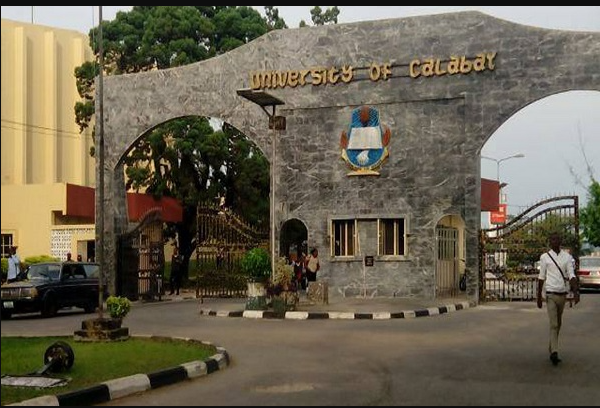The University of Calabar (UNICAL) is under fire over its persistent violation of approved admission quotas into its dentistry programme, leaving more than 300 students stranded after years of study. Despite receiving a clear directive from the Medical and Dental Council of Nigeria (MDCN) to admit only 10 students annually due to limited accreditation, the university allegedly admitted up to 60 students per session for several years.
The students, many of whom have spent four to six years studying, now face the risk of being deregistered or transferred as the MDCN insists it will no longer “bend backwards” to accommodate the excess numbers.
UNICAL’s Vice-Chancellor, Professor Florence Obi, admitted in a recent television interview that the school had knowingly continued with over-admissions since the programme’s inception in 2013/2014. She explained that the council had previously assured the university that, if admissions were paused, modalities would be worked out to graduate affected students. However, the current backlog has become too much to handle.
Now in damage-control mode, UNICAL management is reportedly “brainstorming” options, including transferring students to other departments or universities. The vice-chancellor also disclosed plans to seek the intervention of the Minister of Education to salvage the situation.
Stakeholders are outraged, describing the situation as a “self-inflicted crisis” that exposes the dangers of unchecked disregard for regulatory frameworks. Critics say the case weakens the recurring argument from universities that external regulatory bodies like the NUC, JAMB, and MDCN are overly intrusive or undermine university autonomy.
“This is a failure of internal governance,” said an education analyst. “If universities demand autonomy, they must also be responsible for decisions that affect students’ futures.”
Calls are mounting for a full investigation to uncover who authorized the years of over-admissions, despite MDCN’s quota and provisional accreditation. Many insist that punitive action must follow to prevent a recurrence and to send a strong message to other institutions.
Education advocates are also demanding immediate measures to protect the rights of the affected students — including restitution, compensation, or special graduation pathways — to ensure they are not punished for the university’s failures.
As Nigeria continues to invest heavily in education, experts warn that without firm adherence to quality assurance and institutional accountability, the system risks undermining the very future it seeks to build.

